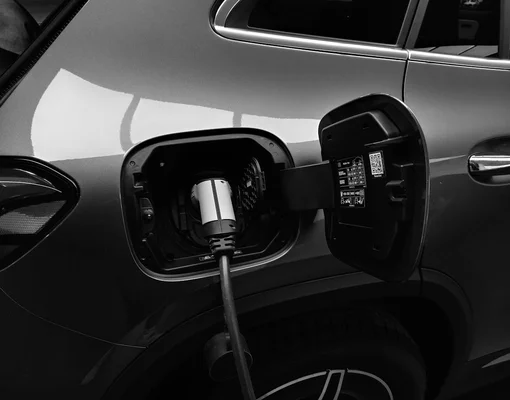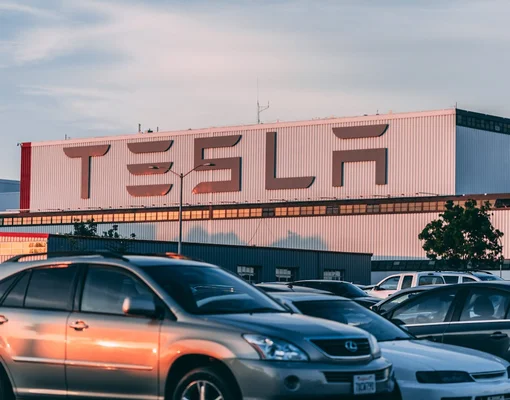
10
Mar
2024
Jacek Krasicki BEng (Hons)
Electric vehicles (EVs) are becoming a more common sight on the roads. There are many opinions that they are promising a greener future for transportation. But before you trade in your trusty petrol car for a shiny new EV, let's take a closer look if they live up to the hype.
While EVs themselves don't produce emissions during driving, they still produce CO2.
Manufacturing those high-tech batteries requires a lot of energy. Depending on the source of that energy it can create a significant amount of CO2 upfront.
On top of that, the electricity used to charge them might still come from fossil fuels. This means that the emissions are simply happening at a power plant that may be burning gas or coal.
Recent studies suggest that an average EV might have a similar carbon footprint to conventional cars over the first 50,000 to 100,000 miles. A recent article in the Guardian describes the real CO2 emissions of electric cars.
EVs might promise lower running costs in the long run, but the initial price tag can be a real shocker. They tend to be significantly more expensive than comparable gasoline cars. And let's not forget repairs! Those high-tech batteries are expensive to replace. Electric vehicles are more expensive to repair and take longer to fix. There is a shortage of technicians qualified to work on electric vehicles. Research from CCCIS says that EV repairs are 56% more expensive than non-EVs.

Remember the headlines about the EU and the UK banning sales of new gasoline and diesel cars by 2030? Well, there's been a recent change of course. While both the EU and UK remain committed to reducing emissions, they've postponed the ban. A BBC article explains the reasons behind the EU's delay, and a similar policy shift is underway in the UK. An article from The Guardian discusses the UK's decision to push the ban back to 2035.
The efforts to reduce CO2 emissions generated by cars are good, but EVs may not be the ultimate solution. They do offer some environmental benefits, but they also come with their own set of drawbacks. There are other ways worth exploring like bio-fuels or alternative sources of energy. They may include hydrogen or even fuel cells. Improving the efficiency of all types of vehicles can also help.
The journey towards cleaner transportation requires a wide approach. Banning the sales of new petrol and diesel cars, and enforcing the use of EVs may not be the way to go. We are going to stick to traditional cars for a while, what's your opinion on the topic?
| Monday to Friday | 08:30 to 16:30 |
| Saturday | Closed |
| Sunday | Closed |